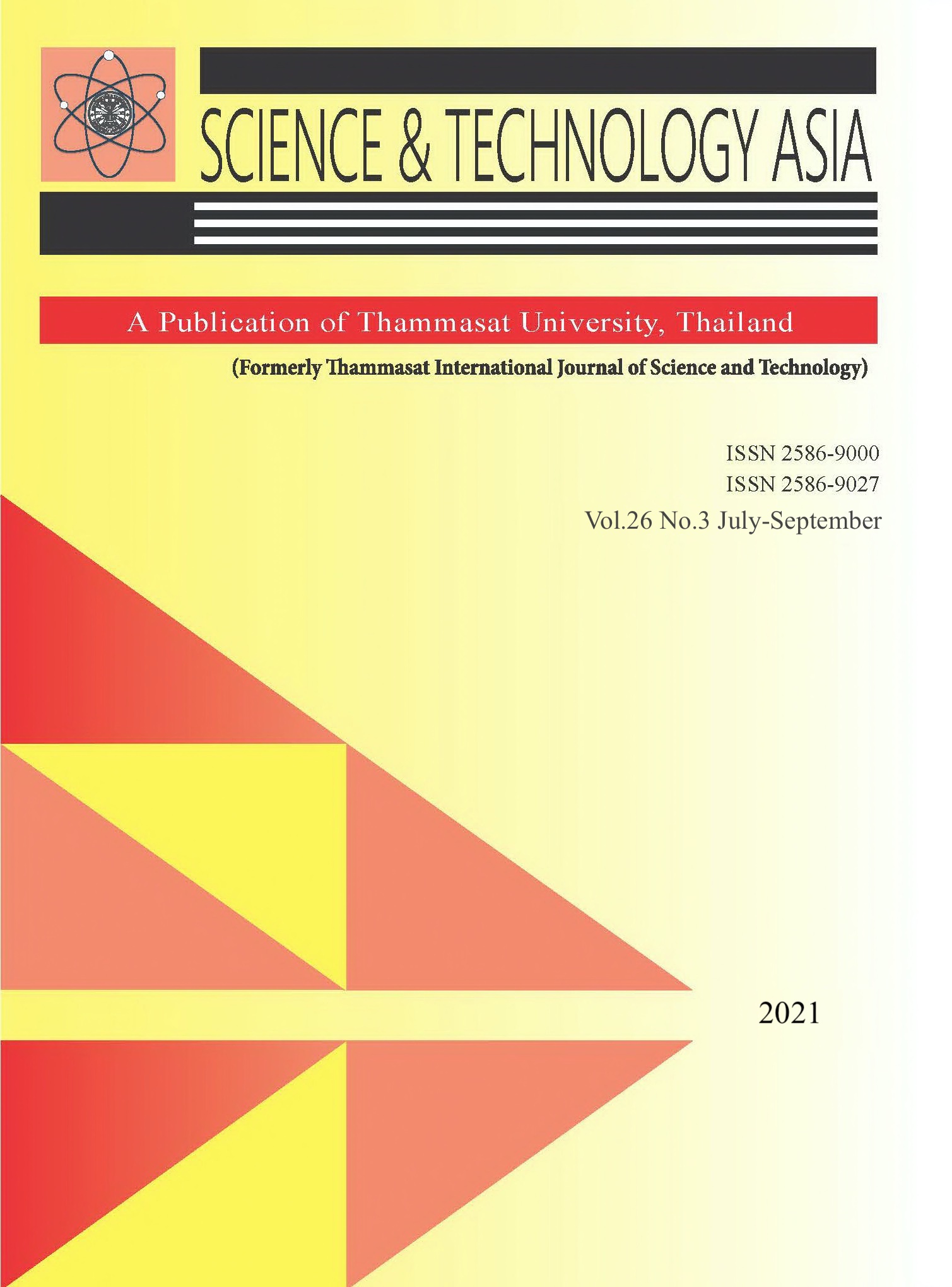Effect of Inspiratory Muscle Warm-Up on Short-Distance Cycling Performance
Main Article Content
Abstract
Inspiratory muscle warm-up (IMW) has been proposed to be an advantageous warmup protocol. However, to date there is little study on the effects of IMW on short- distance cycling performance; therefore, this study intends to examine the effects of IMW on shortdistance cycling performance. The study design is a cross-over study with controlled experiments. Twenty- six healthy males performed two warm- up protocols: cycling warm- up (CW) and a combination of IMW and CW (CW+IMW). Afterwards, they performed a 3 minute all-out test. The mean critical power, distance, heart rate and rate of perceived exertion (RPE) of each group were compared. The results show that there were no significant differences in mean power (p=0.430) and distance (p=0.257) between CW and CW+IMW. Moreover, there were no significant differences between groups for RPE during the performance test. But heart rate at three minutes of the test for the group following CW+IMW protocol was significantly lower than the CW protocol group (p=0.025). In conclusion, the effect of CW+IMW on cycling performance is not different from CMW. But heart rate during the cycling performance test following CW+IMW tended to be lower than CW protocol. Hence, further study is needed in cyclists, investigating other physiological parameters.


